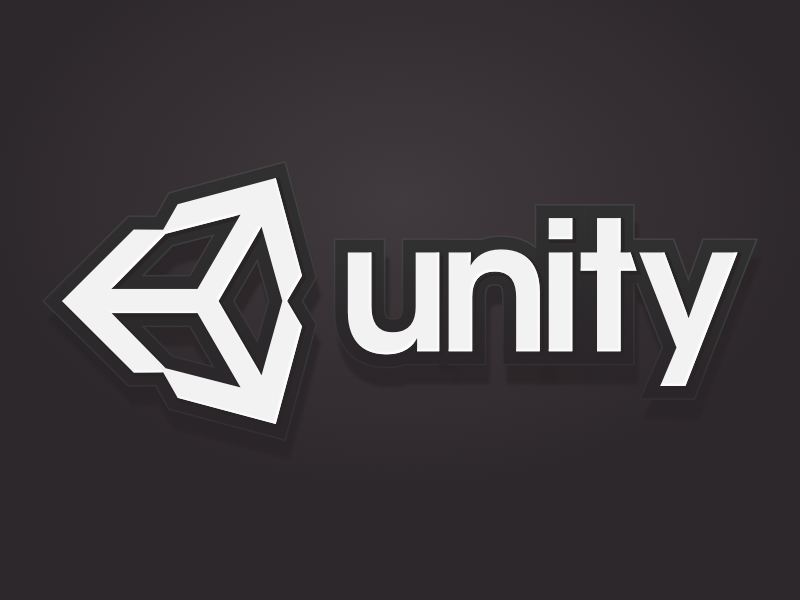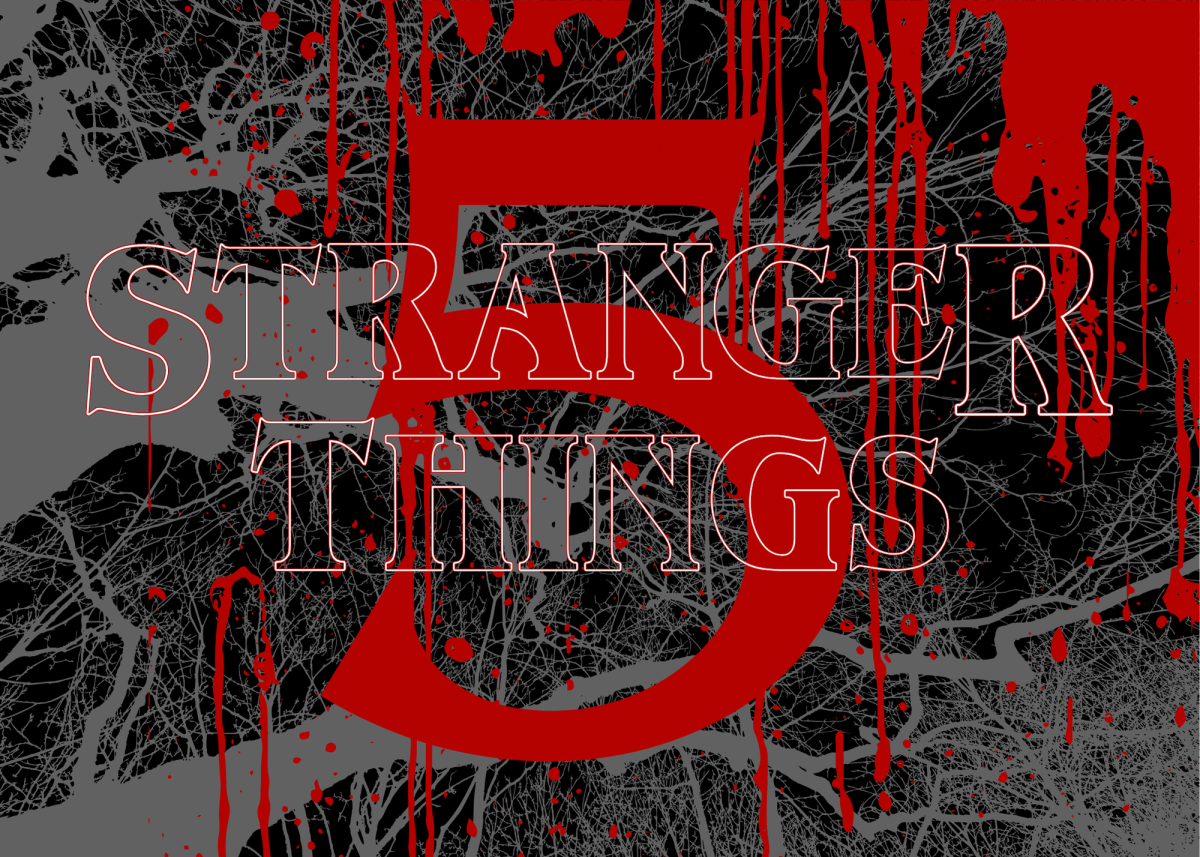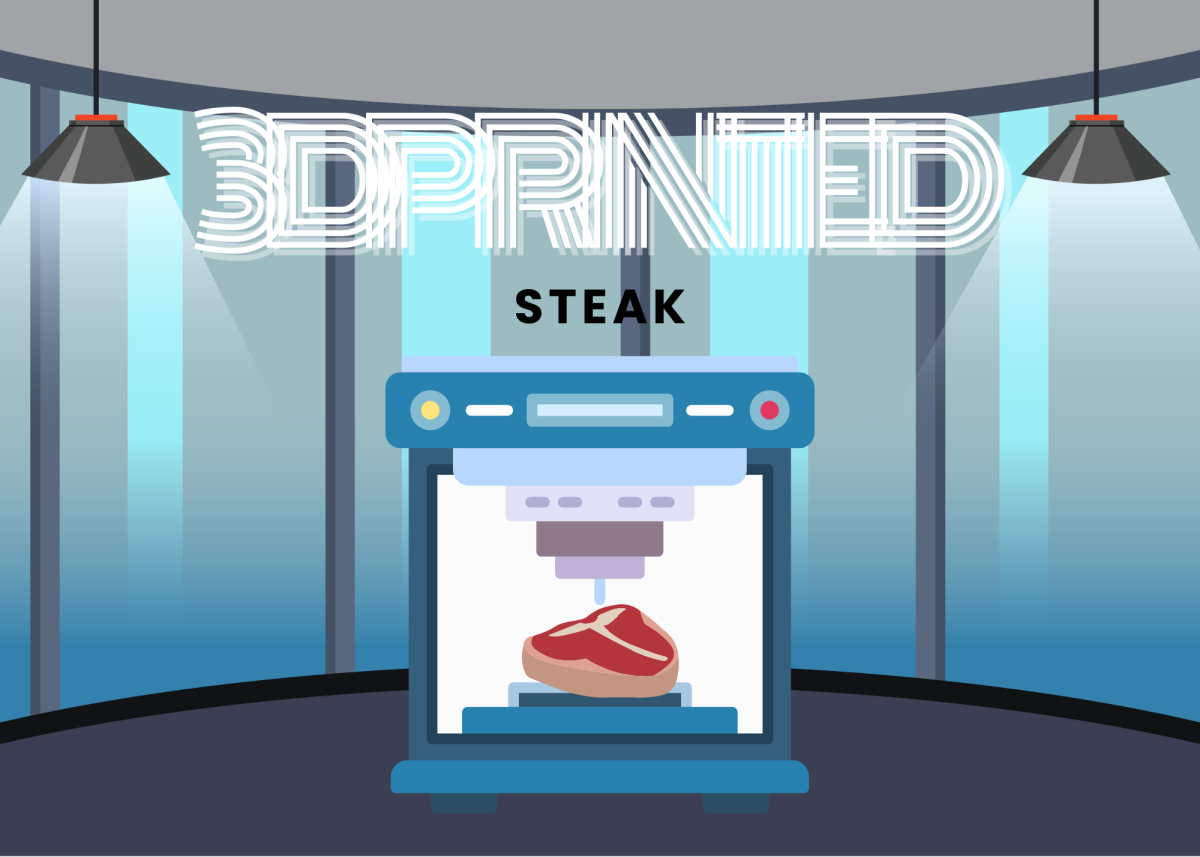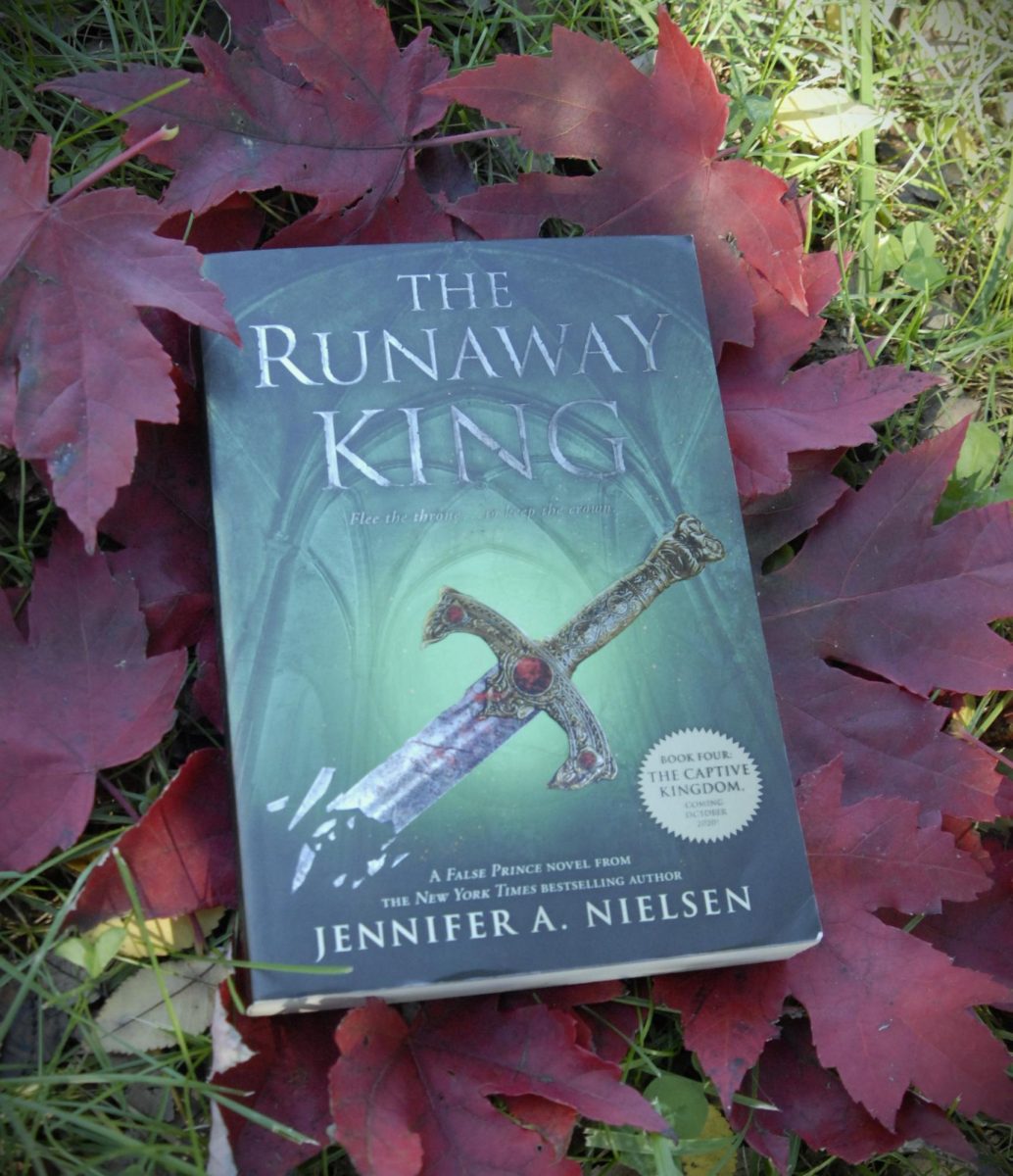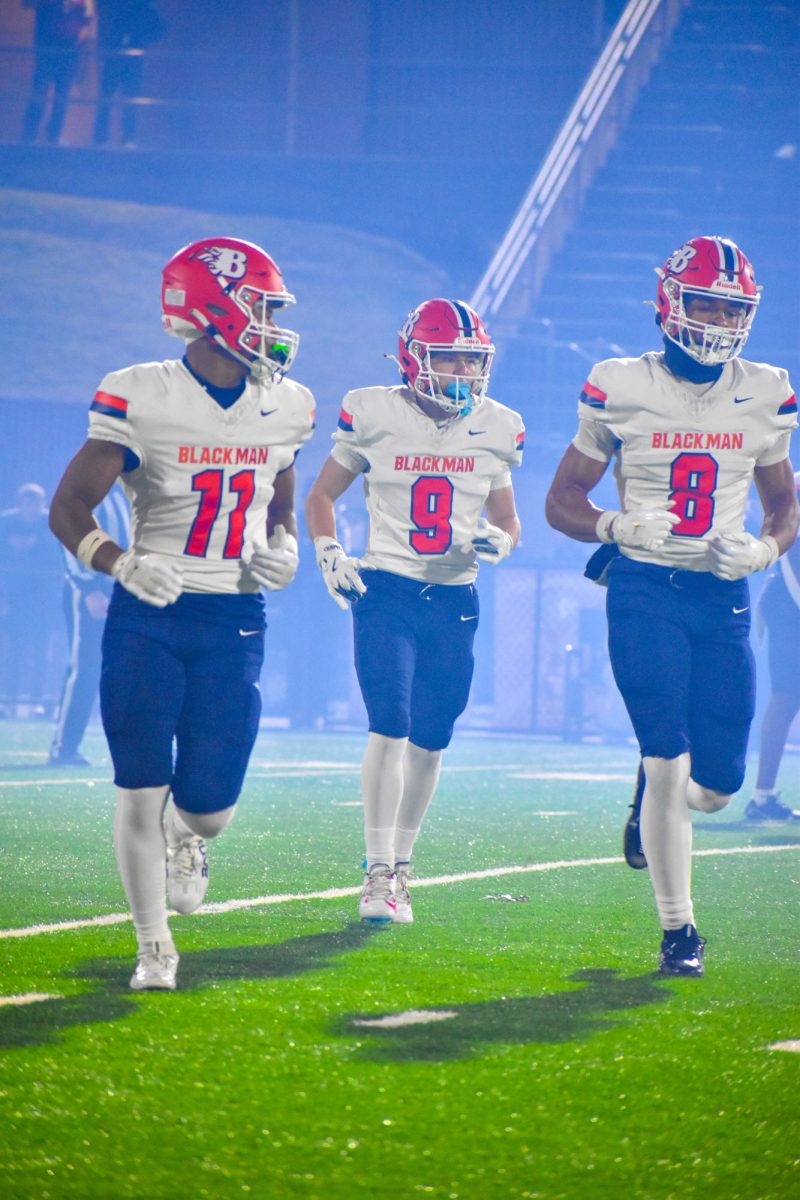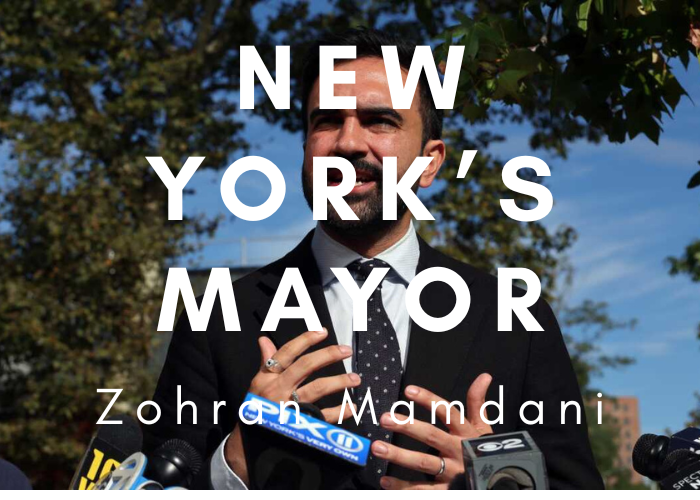In recent years, Indie developers in the gaming industry have seen a rise in notability and demand—watershed releases like “Hollow Knight,” “ULTRAKILL,” and “Ori: Will of the Wisps” have all found commercial success in a market typically dominated by games with multi-million-dollar budgets. This is, in part, due to the production of new, intuitive engines with reasonable pricing options that allow for affordable and accessible development; Unity has historically been the most popular of these engines, used to create the aforementioned games and many others. On Sept. 12, however, Unity announced a heavily criticized new policy known as the “Unity Runtime Fee.” As of Sept. 22, the changes to pricing have been markedly altered.
The original policy announcement on Sept. 12 announced that games exceeding $100,000 in revenue and 200,000 installs would be charged a fee of up to $0.20 for every subsequent install. Numerous complaints were voiced regarding the change: how will Unity detect the amount of installs? Will developers only be charged $0.20 per machine the game is installed on, or could a game downloaded twice on the same device charge the developers twice? A Twitter user submitted a question to Unity pertaining to pirated downloads: how will Unity distinguish between pirated downloads and legitimate ones? Will they still charge the developer for pirated downloads?
Spinning up a virtual machine would likely appear indistinguishable to Unity’s tracking methodology, allowing developers to be financially ruined in a way that demands relatively little effort from tech-savvy, malicious individuals. An analysis graph of how the changes would affect developers showed that nearly half of them would have their income jeopardized by the new policy and that a minority would go completely bankrupt. A number of commercially successful publishers threatened to remove their games should the changes not be reverted.
While Unity would later claim that pirated downloads could be tracked and discounted, this inspired inquiries into the legality of Unity’s tracking methods. How exactly was Unity planning to detect that a game had been pirated outside of breaking security laws?
New information regarding Unity’s staff came to light as well. John Riccitiello, Unity’s CEO, used to work for the game studio Electronic Arts, where he suggested charging players of the 2011 game “Battlefield” a dollar per reload as they would be less “price-sensitive” in that moment. Riccitiello, while at Unity, would go on to make derogatory statements toward game developers who don’t employ microtransactions, calling them “idiots.” Before declaring the Unity Runtime Fee, Riccitiello also sold some 2,000 shares of Unity stock—perceptive users mentioned that such behavior could be indicative of insider trading, a federal crime.
The rabbit hole goes far deeper, though. In Nov. 2022, Unity signed a $4.4 billion dollar merger with IronSource, a company that specializes in mobile game development and monetization—and, in the past, a company that developed malware installers. IronSource is also focused on advertisements for games, meaning that they compete directly with AppLovin, another distribution service. During the signing of this merger, AppLovin offered to buy Unity outright for $20 billion dollars; Unity turned them down, stating that the offer was less profitable than the merger with IronSource—an odd statement, considering that the market valuation of Unity was and is significantly lower than $20 billion.
The merger went through and Tomer Bar-Zeev, CEO of IronSource, was placed on Unity’s board of directors. In the past year alone, Bar-Zeev has sold $20 million in Unity stock, another odd move that smacks of insider trading.
During the merger deal, two investment firms pitched in: Sequoia Capital and Silver Lake. Though they lent a cool billion to Unity, it was still well below the value of AppLovin’s proposed deal. A member from each of the firms was brought onto Unity’s board as a result—first, though, we’ll inspect Silver Lake’s Egon Durban.
Durban was embroiled in the 2018 controversy over Elon Musk’s threats of taking Tesla private—an inadvisable statement that involved the SEC. Since then, Durban has maintained his ties with Musk; he is still on Twitter’s board, despite an attempt to oust him by shareholders.
Unsurprisingly, Silver Lake has sold all its stock in Unity, adhering to a glaring financial trend.
Sequoia’s Roelof Botha also appears to be in bed with Musk. He is a member of the infamous PayPal Mafia, a network of former PayPal employees and founders that have split off to create a massive network of tech companies—the current owners of Reddit and YouTube are both part of this group.
Botha predicted that Twitter’s income stream would see a significant improvement as a result of a monetization plan that Sequoia had authored. Later, in March of 2023, pricing changes to Twitter’s API access cropped up—changes undeniably similar in intention and implementation to Unity’s Runtime Fee.
Additionally, Unity was offering a fee waiver to developers should they switch to LevelPlay – an advertisement service owned by IronSource – from AppLovin.
It’s likely that Unity’s pricing changes are, in part, the inexorable result of the ripples being sent through the tech industry that started with Twitter’s API pricing. Considering that Unity has not turned a profit for years, this change has been inevitable for some time—only in a different form. The original Runtime Fee’s purpose is also plausible to be an attempt to funnel business into IronSource and kill off their competitor, AppLovin; after all, Bar-Zeev, Durban, and Botha stand to gain the most from a decision like this through stock sales and business siphoning.
In the past few days, though, Unity has been met with staunch opposition. They were forced to shut down their offices due to a “credible death threat” issued by one of their own workers, and a collective letter from game developers (among them: Azur Games, Voodoo, and Century Games) pledged to deactivate all Unity and IronSource advertisements until the Fee is reconsidered—a startlingly effective tactic as it cuts off Unity’s revenue directly.
As of Sept. 22, the changes have been revised in an open letter to the Unity community. Marc Whitten, leader of Unity Create, apologized for their conduct and outlined a new monetization plan: there will be no Runtime Fee for Unity Personal licenses, eliminating the possibility of going bankrupt for free developers; the profit cap for Fee implementation was brought from $100,000 to $200,000, sparing less prosperous developers from financial woes; no game with less than $1 million in trailing 12-month revenue will be required to pay the fee, mitigating the possibility of back-charging; and finally, developers are given the choice between a 2.5% revenue share once the Fee qualifies or a “calculated amount based on the number of new people engaging with your game each month.” These numbers are self-reported, alleviating security concerns and the risk of over-billing—on top of that, developers will be billed the lesser amount by default.
While the initial form of the Runtime Fee doubtlessly took a toll on the goodwill of Unity users and the internet at large, these changes are a feasible and financially sound method to solve both the problems of Unity’s lacking revenue and keeping developers appeased.


